Pros and Cons of Chapter 13 Bankruptcy
Sawin & Shea
DECEMBER 28, 2023
Filing for Chapter 13 bankruptcy can provide much-needed relief if you are overwhelmed with debt and struggling to keep up with payments. Under Chapter 13, you repay a portion or all of your debt, allowing you to keep assets like your home or car. What Is Chapter 13 Bankruptcy?

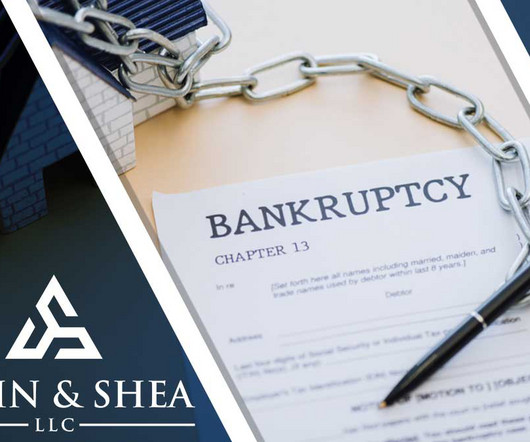

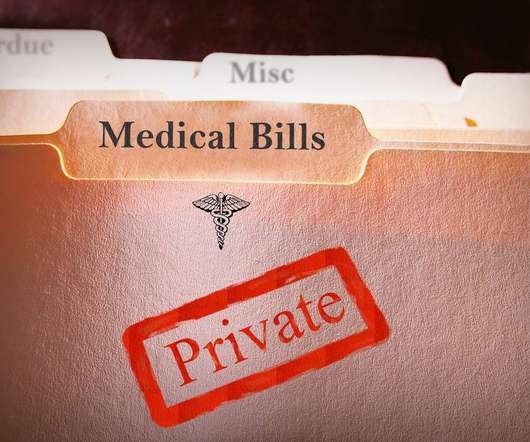


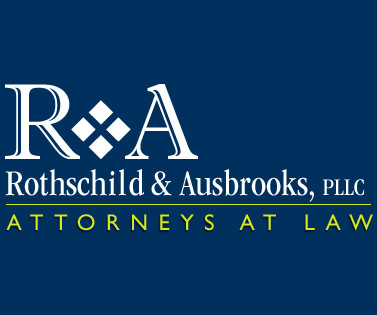


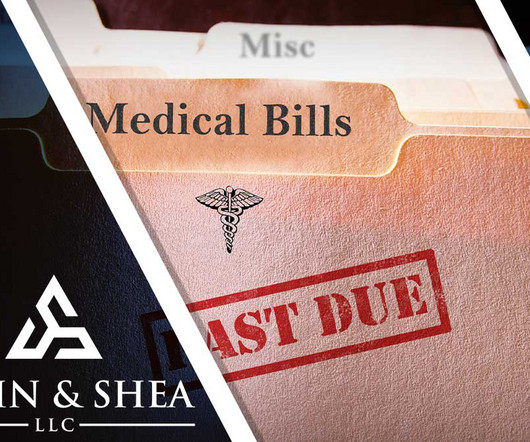



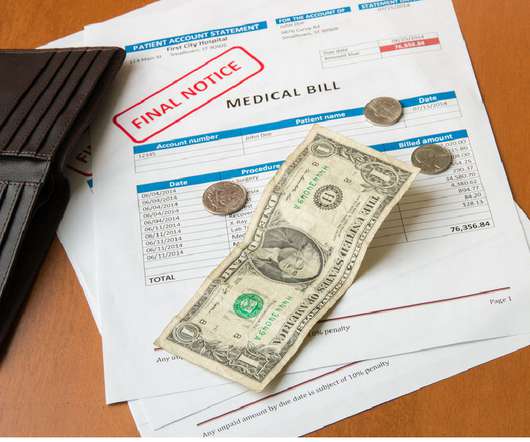


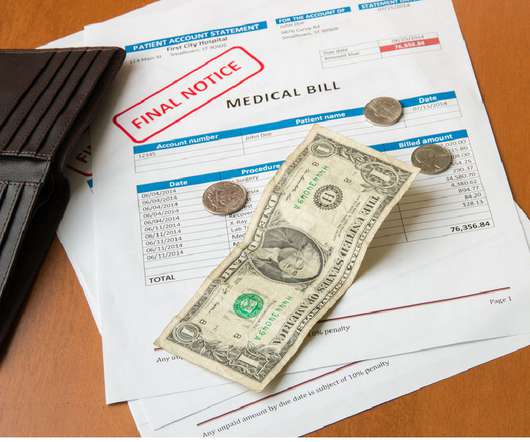

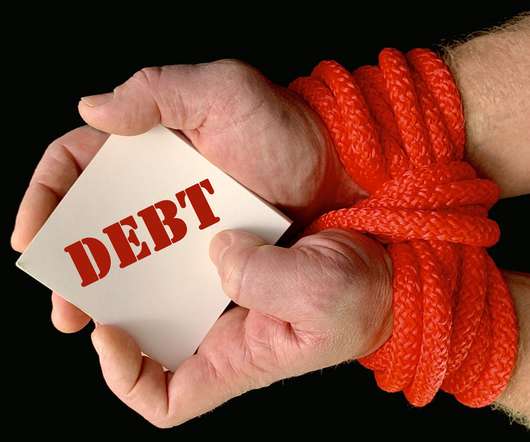






Let's personalize your content